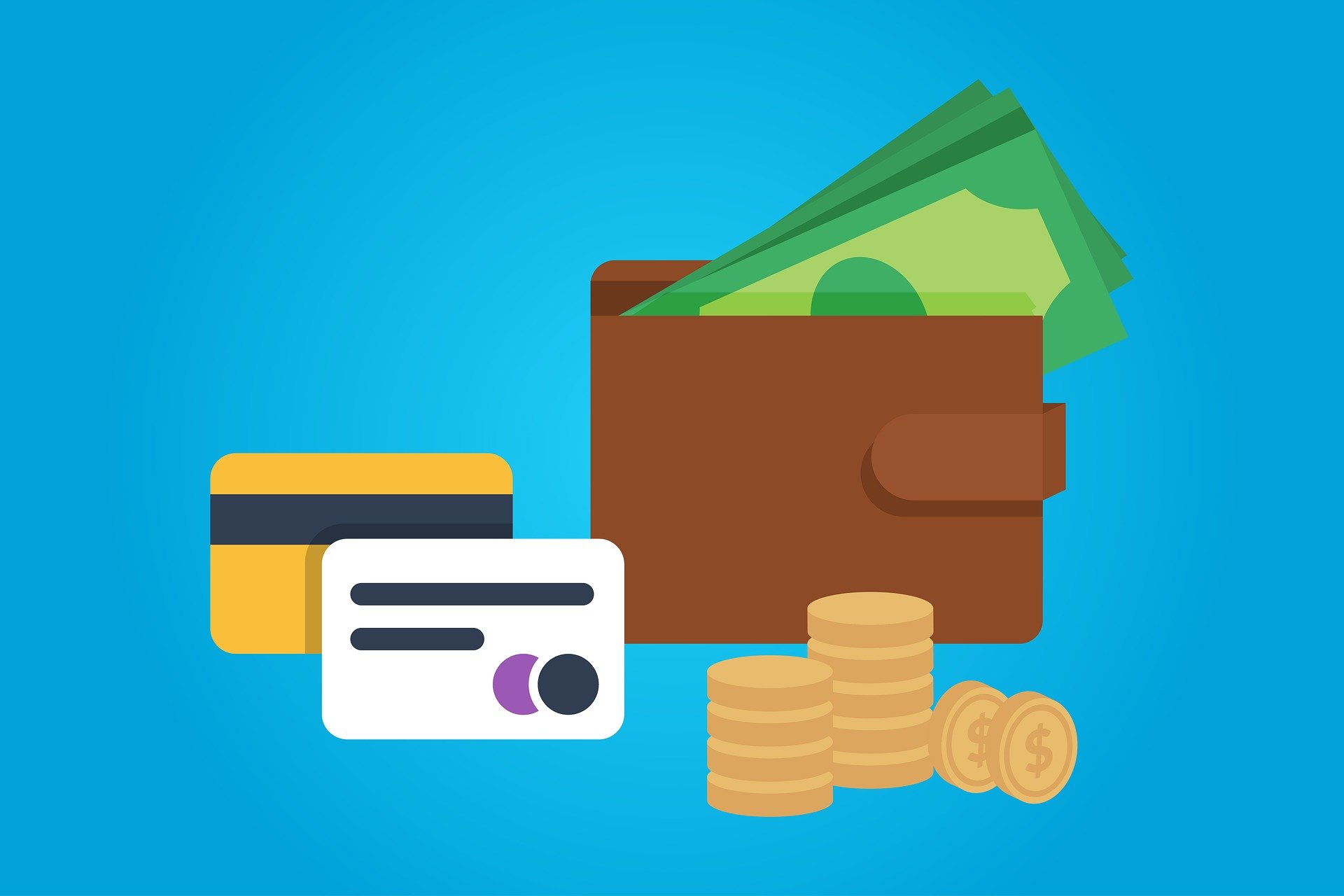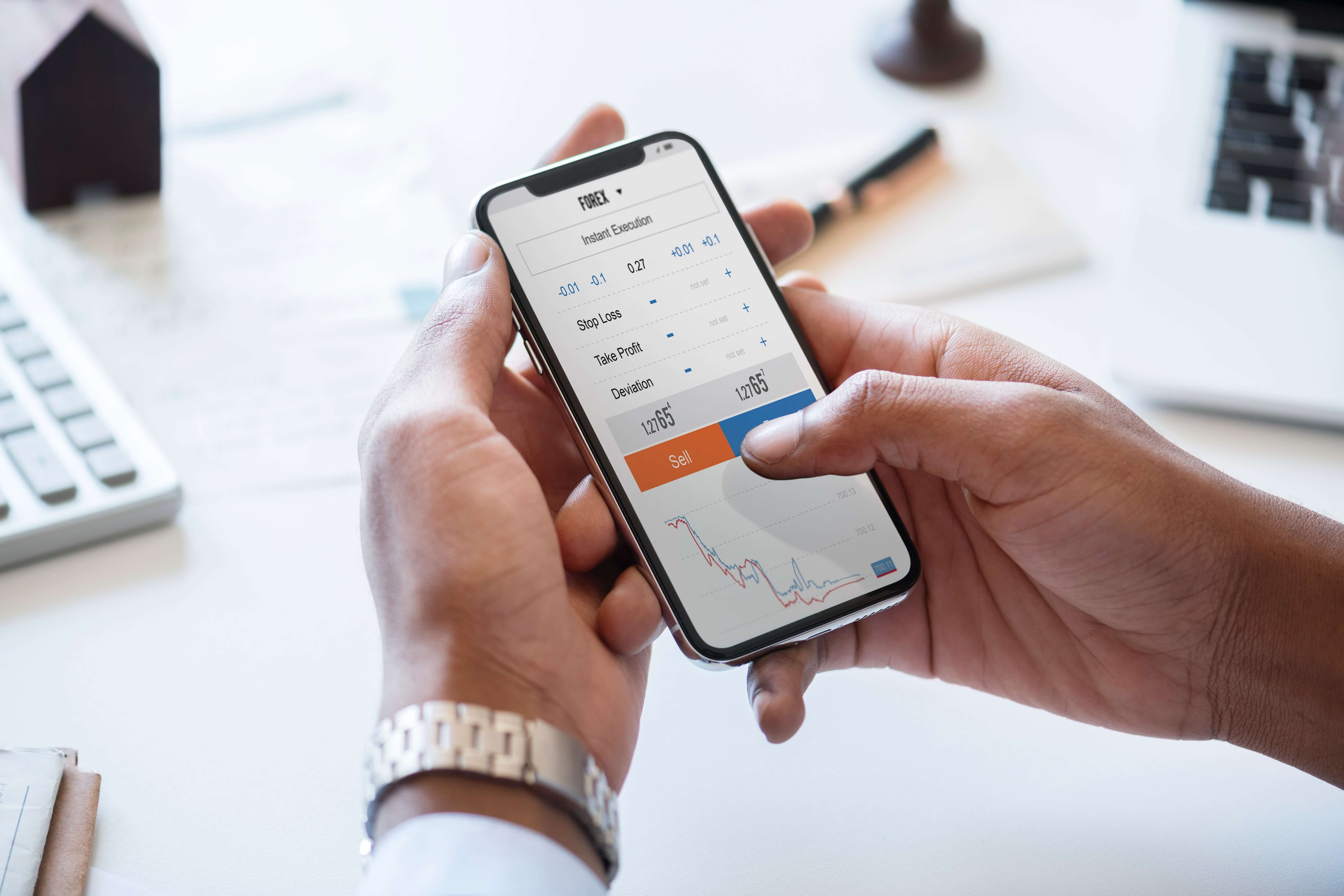“How are people making so much money trading forex?” If you’re asking yourself this you’re in the right place. This article will show you how to open a forex account and start trading forex stock today.
So what is forex anyway? It is short for foreign exchange, the exchanging of one currency for another. Let’s start with how to open a forex account. Most brokers offer a free demo account, letting you play with fake money.
Use this time to learn how to make trades. This will give you a chance to see both the potential gains and losses depending on your leverage.
That brings us to the next item to consider when opening your account. Leverage means betting on exchange markets using borrowed money. That borrowed money comes in the form of a loan from your broker.
Leverage is usually offered in three amounts, 50:1, 100:1, and 200:1. Let’s use 100:1 for our example. You would only need $1,000 in your brokerage account to trade $100,000 worth of currency.
You can see how this both multiplies your gains as well as your losses. Be sure to understand this step before moving on. It is possible to lose more money than you invested.
How To Start Trading Forex Stock?
Choosing the Currency You Want To Trade:
After choosing a broker and leverage, you’ll need to choose a currency pair. The first symbol listed in the pair is your base currency. The symbol on the right is the quote currency. The quotation EUR/USD = 1.25 means you’ll receive $1.25 for your €1.00 investment. Any currency pair that doesn’t involve USD is called across.
Now that you have your brokerage account and know the basics, it’s time to pick a currency pair to start trading. Open up several charts of currency pairs and see how they are interacting with each other. You’ll need forex charts to make trend predictions.
We’ll discuss how to read the finer details of these charts in a moment. Do this before researching any media coverage of currencies. You want an unbiased look at how the market is behaving.
Look for pairs with a strong base currency and waning quote currency. While volatile currencies can present opportunities, remember that forex trading involves leverage. All wins and losses will be magnified. The way we calculate changes in forex stock is through pip values.
What Are Pip Values?
The next topic we need to cover is pip values. A pip is a way of tracking changes in a currency’s price. Pips are measured by looking at the fourth decimal place of the currency pair.
An example would be EUR/USD moving from 1.2024 to 1.2025. Because this is such a small movement, most brokers will deal in fractional pips. This is why you see a fifth decimal place when buying from your brokerage.
Determining the pip value of the currency pair is necessary before moving on. Without a pip value, you have no way of knowing how many units of the pair to buy. These units are called lots, which we’ll talk about next.
Lots are the smallest unit you can make trades in. A micro lot is 1000 units of your base currency. Micro lots are best for individual traders. These smaller trades also mean less risk.
It all comes back to leverage. If there is a large shift in the market, you can cash out before losing more money. Orders tell your brokerage when you want to buy and sell.
Setting Orders:
Different brokerages offer different types of orders. Make sure to check before you count on setting up lesser-used types of orders. The three discussed here are offered by all large brokerages.
Forex market orders are used to buy a currency pair at the best available price. Making a market order is as simple as choosing the trade you want to make and pushing the buy button. A market order tells your brokerage to buy at the next available price.
If you want to buy when a currency hits a low price or sell when the price goes up, use a limit entry order to automate the process. You don’t have to stare at your computer waiting to buy or sell at a certain price.
Stop orders do the opposite. They will sell when prices go down to prevent losses and buy when prices are up to bring in some gains. Stop orders are what prevent you from losing more money than you can afford.
How to Read Charts:
The last topic we’ll talk about before you start trading is how to read forex charts. There are several kinds of charts available to a forex trader, but the most common is the candlestick charts. Candlestick charts show more information than other types of charts.
They show what price a currency opened and closed at, as well as their high and low for that period. This lets you see how much the price changed before ending at its closing price. When looking at one of these charts, the individual “candles” are colored to show gains and losses.
This colored part of the candle is called the “body”. If the body is green the price was higher at close than when it opened. Red signals the opposite. The lines above and below the body display the open and close prices. These are called “wicks”.
Placing Your First Trade:
Forex Stock trading appeals to many investors because it is open 24 hours a day, 5 days a week. You can also use leverage to make bigger gains than you could with stocks.
If your trades stay relative to how much money you are willing to lose, you can keep your risk at a reasonable level. Keeping up on market news can give you a heads up when a currency is going to go up or drop off.
The great thing about forex trading is you can make money in both situations. Open your forex brokerage account and make your first trade today.
Read Also:






















